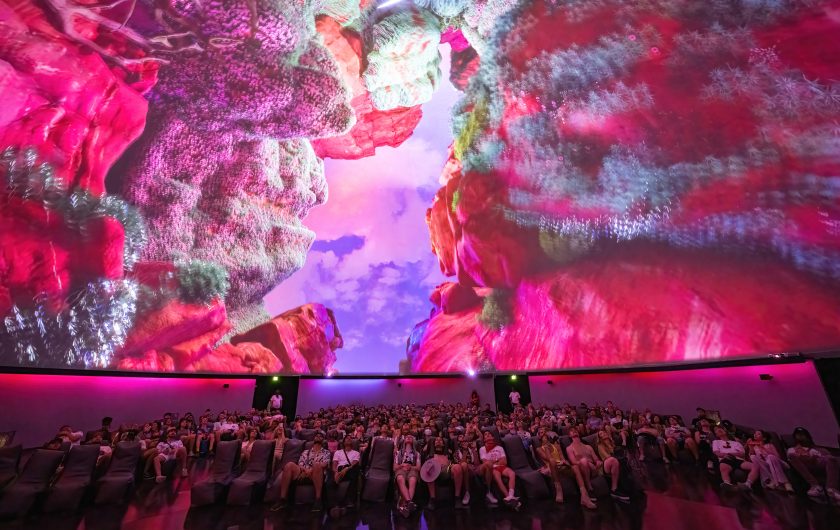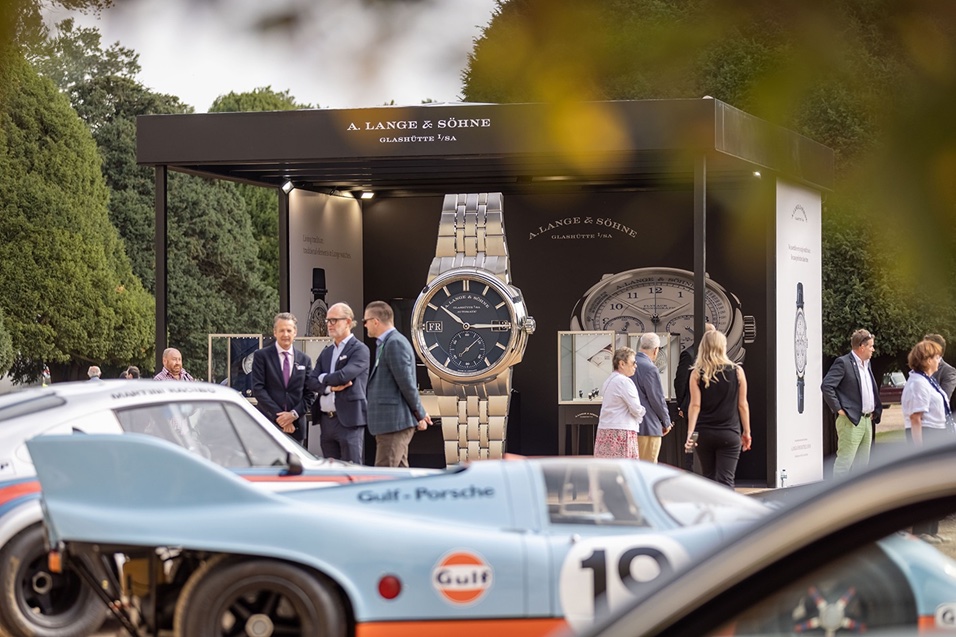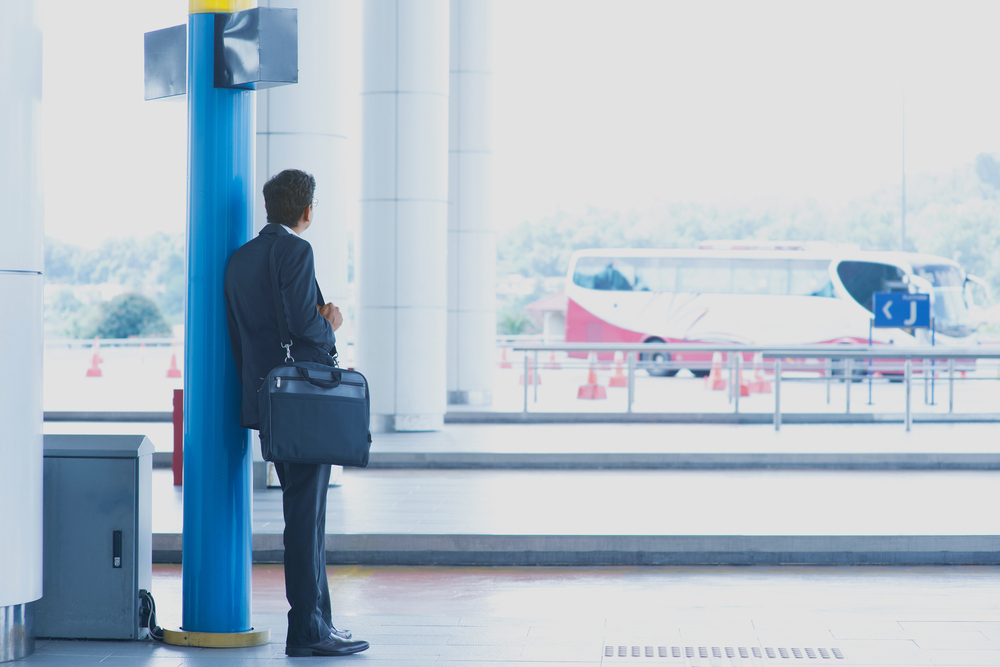SAFETY concerns and the gloom of social isolation have created a powerful longing for human interaction and celebration. In Pico’s latest Annual Market Survey, this was reflected when not a single client respondent rated in-person events as ‘not important’.

The rising demand for in-person experiences is also apparent in areas where social distancing measures have been loosened, with large-scale festivals returning in a big way. Legendary names like Glastonbury in the UK, Coachella in the USA, and Tomorrowland in Belgium have re-emerged on the calendar after a long hiatus.
For brand activation experts, this is a prime moment to understand new consumer patterns. Here are some examples of how trending elements such as digitalisation, metaverse, personalisation and social purpose have added some crucial audience appeal to the usual revelry.
UNBOUNDED BY REALITY
Being among the world’s most prominent live events doesn’t limit these festivals to just physical experience. By bringing some digital magic into the mix, they not only amplify their audiences’ personal experiences, but extend their engagement ‘footprint’ far beyond the festival site.
Digitalisation
While already an international success, organisers of Tomorrowland further extended the electronic dance music (EDM) festival’s reach with ‘Tomorrowland – Around The World’. A virtual music festival featuring an array of artists, its digital effects and 3D technologies recreate and enhance ‘EDM fever’ for online audiences around the world.
Metaverse
Tomorrowland’s reach went even further via VR and Meta’s Horizon Worlds app, recreating the festival’s Mainstage in the metaverse, ready to put on various VR gigs for the platform’s audience.
Another example was ‘Hydeout: The Prelude’, a digital music entertainment platform brought to a wider audience via the recently launched YAOLAND metaverse ecosystem. Immersive and diverse, the ‘Hydeout’ experience combines music and digital technology, creating opportunities for users to stream performances, dance, vibe and interact with other avatars.
Even banking giant HSBC are also planning a real-world/metaverse live music festival in Hong Kong. Called ‘DuoVerse’, the February 2023 show is set to be the city’s first ‘dual experience’. Audiences are invited to immerse themselves in the full power of live performance while at the same time interacting digitally in the metaverse with other music enthusiasts via avatars, taking audience interaction to another level.
Integration
Not all major festivals are bringing the show to the digital/metaverse world; in Coachella’s case, digital wonders were integrated into the show, offering the on-site audience a convergence of physical and digital sensations.
REGEN, featured at the on-site HP Antarctic Dome, complemented the live festival performances with an immersive 360-degree multisensory journey in collaboration with renowned digital artists and music duo ODESZA. Combining tech, art, music into a compelling impression of a sustainable future, REGEN was a crowd favourite, drawing more than 80,000 audience members.
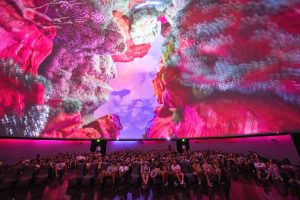
Commenting on the significance of REGEN, Pedro Tristan Ferreira, creative director for Infinity Marketing Team, which activated the creation of the REGEN experience, and is part of the Pico Group, said: “Our audiences and markets change with time, and our storytelling approach ought to evolve with it.
“Whether it is a physical, virtual, or hybrid experience, audiences want to connect with meaningful content. As creators, we have the opportunity – and obligation to ourselves – to try new ways to tell that story,” Ferreira said.
Personal experience en masse
For audience members, the REGEN journey didn’t necessarily end as they exited the HP Antarctic Dome; many brought some of its digital magic home via the REGEN 360-degree Experience Creation Lab. Essentially a green-screen room with an array of 120 cameras, it enabled visitors to again breach the virtual-real border by creating a personal 360-degree gif souvenir using their favourite REGEN background scene.
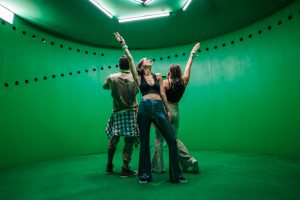
Another popular tool to create personalised experiences is the proprietary mobile app, such as that developed specially for the Fuji Rock Festival 2022 in Japan. As well as providing info and notifications about performances, the app alerted users about crowded areas of the venue and guided them to a range of facilities. With the app’s timetable function, users could also create personalised schedules to enjoy their favourite artists while avoiding big crowds and queues.
Party like there is a tomorrow
Increasingly, audience and brands see “purpose”, or social responsibility, as a crucial factor in their decision making. Events or brands which fail to show a credible commitment to a “good cause” may be regarded as ‘unethical’ and turn audiences away. Among various causes, sustainability seems to be of the greatest importance in most eyes: in our Market Survey, 73 per cent of respondents focused on creating sustainable value when activating their brands.
With their immense popularity and public impact, mega music festivals are the perfect opportunity for advocating important messages and purposes. Visitors to Glastonbury, for example, were required to sign a ‘green pledge’ which encouraged them to adopt environmentally friendly practices in- and- outside the festival. Audience confidence in the festival’s green commitment was further bolstered by constant donations to green groups and its building one of the world’s largest privately-owned solar PV systems.
Explore those new landscapes
As recent large-scale festivals have demonstrated, the rising trend towards digitalisation, metaverse, personalisation and social purposes opens enormous new scope in how, where and when events can engage audiences, and how lasting an impression they can make.
The most imperative action for event organisers is to explore these new landscapes and establish a solid presence before your audience finds you outdated or backward.
Gregory Crandall is senior vice president, Global Activation Team, Pico
